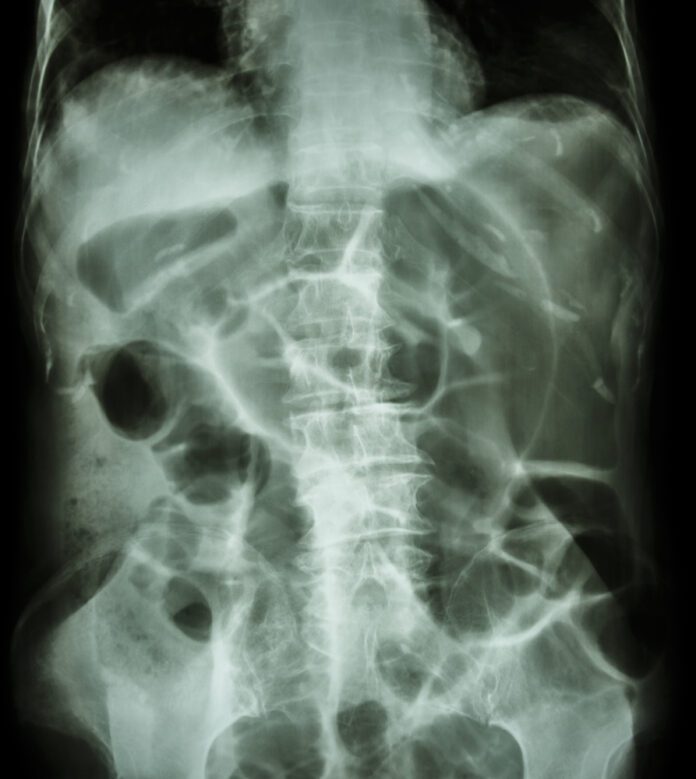Overview Of Intestinal Obstruction
Intestinal obstruction is a partial or complete blockage of the bowel. The contents of the intestine cannot pass through it.
Commonly Associated With
Paralytic ileus; Intestinal volvulus; Bowel obstruction; Ileus; Pseudo-obstruction – intestinal; Colonic ileus
Causes Of Intestinal Obstruction
Obstruction of the bowel may be due to:
- A mechanical cause, which means something is in the way
- Ileus, a condition in which the bowel does not work correctly, but there is no structural problem causing it
Paralytic ileus, also called pseudo-obstruction, is one of the major causes of intestinal obstruction in infants and children. Causes of paralytic ileus may include:
- Bacteria or viruses that cause intestinal infections (gastroenteritis)
- Chemical, electrolyte, or mineral imbalances (such as decreased potassium level)
- Abdominal surgery
- Decreased blood supply to the intestines
- Infections inside the abdomen, such as appendicitis
- Kidney or lung disease
- Use of certain medicines, especially narcotics
Mechanical causes of intestinal obstruction may include:
- Adhesions or scar tissue that forms after surgery
- Foreign bodies (objects that are swallowed and block the intestines)
- Gallstones (rare)
- Hernias
- Impacted stool
- Intussusception (telescoping of one segment of bowel into another)
- Tumors blocking the intestines
- Volvulus (twisted intestine)
Symptoms Of Intestinal Obstruction
Symptoms may include:
- Abdominal swelling (distention)
- Abdominal fullness, gas
- Abdominal pain and cramping
- Breath odor
- Constipation
- Diarrhea
- Inability to pass gas
- Vomiting
Exams & Tests
During a physical exam, the health care provider may find bloating, tenderness, or hernias in the abdomen.
Tests that show obstruction include:
- Abdominal CT scan
- Abdominal x-ray
- Barium enema
- Upper GI and small bowel series
Treatment Of Intestinal Obstruction
Treatment involves placing a tube through the nose into the stomach or intestine. This is to help relieve abdominal swelling (distention) and vomiting. Volvulus of the large bowel may be treated by passing a tube into the rectum.
Surgery may be needed to relieve the obstruction if the tube does not relieve the symptoms. It may also be needed if there are signs of tissue death.



